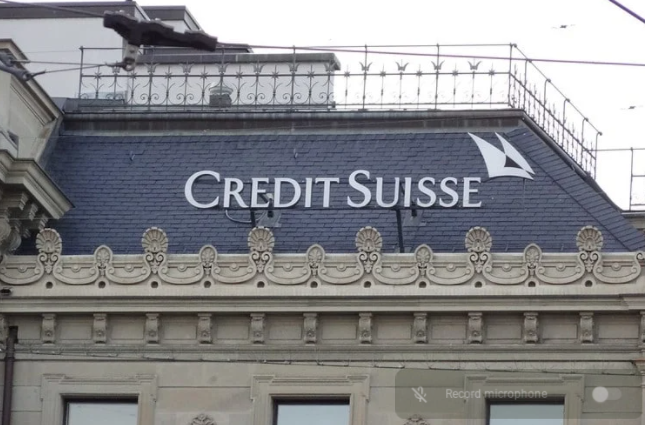“Take the light of my eyesight, but let me see my son.”
In a case of collapse and weeping a bereaved father appealed to a photo affixed to the wall of Egyptian President Abdel Fattah al-Sisi, asking him to disclose the whereabouts of his son who was forcibly disappeared.
Activists shared a 10-minute video clip in which the bereaved father, Abdel-Ati Mohammed Sarhan, showed his suffering and sorrow at the absence of his son, Mohammed, who was “kidnapped” by the security forces.
Abdel-Ati Sarhan, from the rural town of Hehia in Sharkia Governorate, confirmed in the video that he is a daily wage earner and that the police investigations proved that he and his son (after the death of two other children) have no relation to political issues.
He stressed that his disappeared son Mohammed holds a certificate in social services and does not understand anything to do with politics and was kidnapped from the street.
In a moving scene, Abdel-Ati kissed al-Sisi’s foot in the picture, repeatedly saying that he was a “good citizen who loves Egypt and loves the president,” calling on al-Sisi to allow him to meet him to present the grievance of his son’s disappearance.
Abdel-Ati Sarhan is one of hundreds of families whose sons have been forcibly disappeared, who are horrified by the unknown fate of their children.
The days of enforced disappearance are the most horrifying time for families as the fate of their children remains unknown, and the possibility of torture or killing is possible.
The Egyptian government usually denies any existence it forcibly disappears people, but the reality proves otherwise.
The latest evidence is the appearance of Egyptian journalist Hassan el-Kabbani at the Supreme State Security Prosecution (SSSP) after a 67-day forced disappearance.
El-Kabbani was detained by security forces at the Cairo Criminal Court on September 18 while attending a renewal of precautionary measures. He disappeared and there was no information on his whereabouts.
Egyptian Interior Ministry sources told Egypt Watch that el-Kabbani was being held at the National Security headquarters in Abbasiya. His arrest came three months after the arrest of his wife, journalist Aya Alaa, who was accused of spreading false news for defending her husband when he was detained for the first time.
El-Kabbani was looking after their daughters after the arrest of his wife, before being arrested again. He was arrested the first time in January 2015 before being released on precautionary measures in November 2017.
The recent appearance of Hassan el-Kabbani also coincided with the appearance of the researcher for the Egyptian Commission for Rights and Freedoms, Ibrahim Ezz el-Din, in the SSSP.
Ibrahim Ezz el-Din disappeared after his arrest on the evening of June 11, and since then his whereabouts or any contact between him and his family and lawyer were not disclosed until 167 days later.
During this period the Egyptian Commission’s lawyer, on behalf of his family, filed numerous forms of communication and telegrams demanding the disclosure of Ezz el-Din’s whereabouts.
The prosecution charged Ibrahim Izz el-Din with publishing false news and participating in a terror group in order to harm the security of the country.
Ibrahim appeared with signs of fatigue and exhaustion and informed the SSSP during the investigation of the torture and abuse he suffered throughout the period in which he was disappeared.
Despite the long periods of enforced disappearance for both el-Kabbani and Ezz el-Din, they are considered lucky because they have finally appeared alive and their family can visit them or see them in prison for 15 minutes or less each week.
Others remain in the cave of enforced disappearance, no one knows where they are and there is no communication between them and their families or their lawyers.
Obada Juma, one of those whose fate is unknown, has been forcibly disappeared for more than a year and eight months without trial so far, and his family knows nothing about him despite appealing to all concerned authorities who deny his presence completely.
Obada was arrested in March 2018, he was 19-years-old, and has not yet reappeared.
His parents have received information from unknown and uncertain sources that their son is being held by Egyptian military intelligence, but they do not know how true it is.
In August 2018 his sister Yousra Juma wrote on Facebook that her brother, Obada, had been forcibly disappeared for five months, and that she knows that he was in the Military Intelligence headquarters.
She added that this information was received from former detainees who were with Obada in the Military Intelligence headquarters before he appeared in front of the prosecution and was then deported to the notorious Scorpion wing of Tora Prison.
Obada’s sister said that they were waiting for his appearance, even in prison, and wished to be reassured by anyone.
She noted the situation of enforced disappearance is the worst because no one knows you are there so there is no guarantee for your safety, no family visits or medical treatment, nothing at all.
The director of the Shehab Centre for Human Rights, Khalaf Bayoumi, says that more than 6,000 people have been documented forcibly disappeared since July 3, 2013, until early October.
Despite the disappearance of all these people for long or short periods, observers say that the recent cases of enforced disappearances in Egypt have been prolonged, and include larger numbers, without any known reason.





Recent Comments